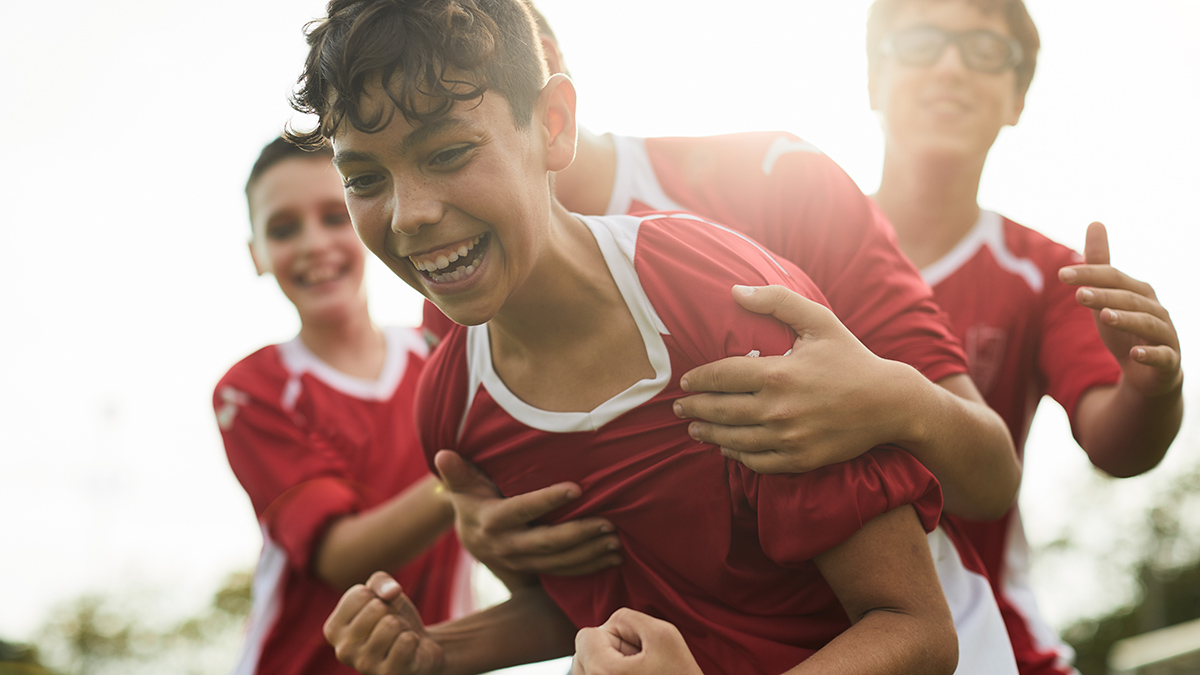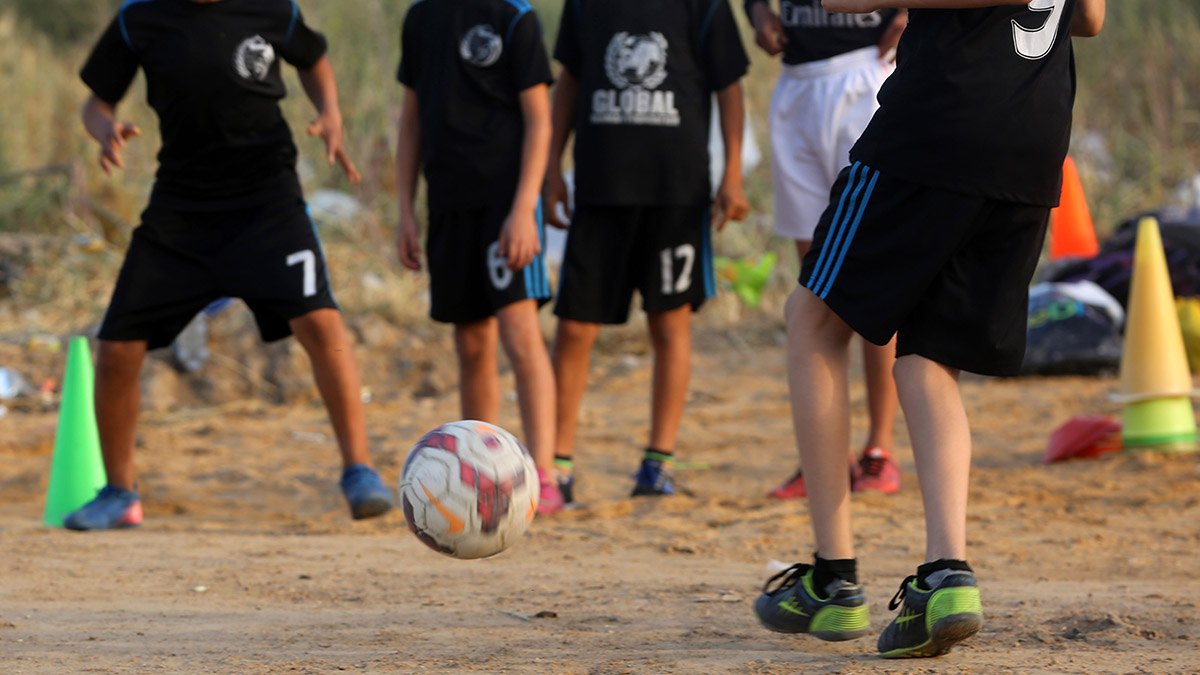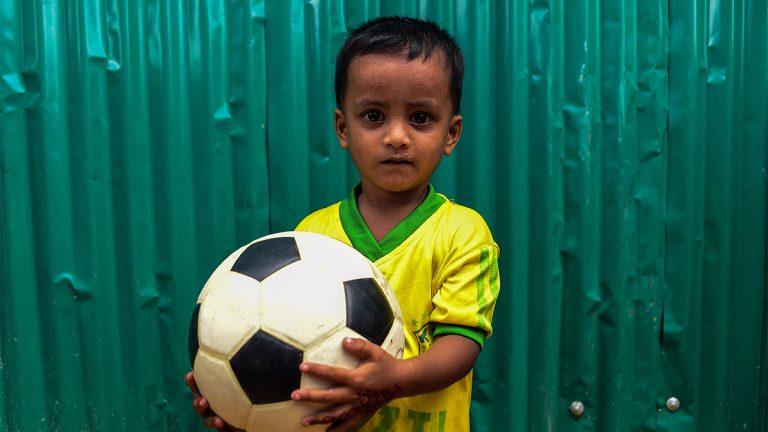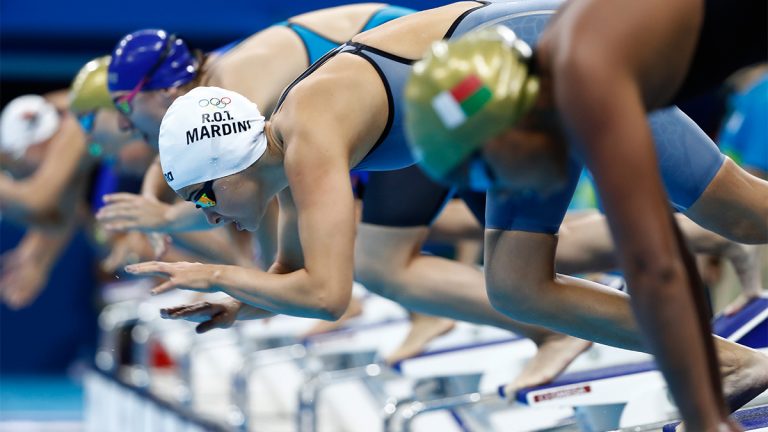Research shows importance of sport for refugee children
Why this matters
Sport's camaraderie can help refugee children adapt to a new location because of the temporary failure and success competition entails.
While launching his candidacy for the presidency, Donald Trump said Mexican immigrants “are bringing drugs, they’re bringing crime, they’re rapists.”
After his election, Trump’s administration enacted a travel ban on people from seven Muslim-majority countries, in part to limit the number of refugees entering the U.S. from those countries.
And in a meeting with lawmakers after taking office, Trump reportedly asked why the U.S. accepts so many immigrants from Haiti, El Salvador and some African nations, which he labeled “shithole” countries.
Those examples paint a portrait of America as a less welcoming destination for refugees, and they don’t make adjusting to a new home any easier for resettled immigrants and refugees already in the U.S., either.
It is often difficult for refugees, especially children, to understand and accept the reality of their situation, and then become acclimated to a new environment. When young refugees do not feel welcomed or embraced, it is difficult for them to find happiness and a sense of belonging.
Sport may offer a solution.
According to research by Nina Fader, a graduate of Arizona State University’s School of Community Resources and Development, “sport provides a space for common interest, competition, perceptions of fairness, commitment and social spaces.”
Fader’s research revealed how sport helped create camaraderie within the soccer club. The soccer club, which was organized through a church in Phoenix, Arizona, was mainly comprised of male refugees, and the study attempted to detail how a team of individual refugees can come together to overcome the challenges they face as refugees in America. The camaraderie within the soccer club was so strong within the entire club, not just among players, that a club administrator used his own retirement money from his years of military service to help the refugees afford the club experience.
As detailed in the research, “sport creates stressful environments that often result in temporary failure, and thus require resilience to succeed. In addition, coaches and peers may provide support through these challenges that lead to increased resilience.”
By giving young refugees a controlled environment in which to make mistakes and experience failure without being ridiculed or judged, and also giving them a support system of teammates and coaches, they are able to learn from their mistakes and know how to correct them.
Results of the study supported the hypothesis that community sports have a direct correlation with an increased sense of community and resilience in young refugees. “The opportunity to interact with peers from similar situations and receive emotional and practical support from caring adults” helped young refugees find a sense of belonging and gave them the support they needed to “face (a) number (of) challenges that require resilience and cultural adjustment to succeed,” the researchers wrote.
This sense of community developed among the team of refugees can lead to a larger cultural adjustment. The ability for young refugees to share their struggles, and how they have adapted to them, might be more beneficial and lead to a larger cultural adjustment than being forced to interact with the dominant culture.
Marco Quezada is a senior sports journalism major at Arizona State University





